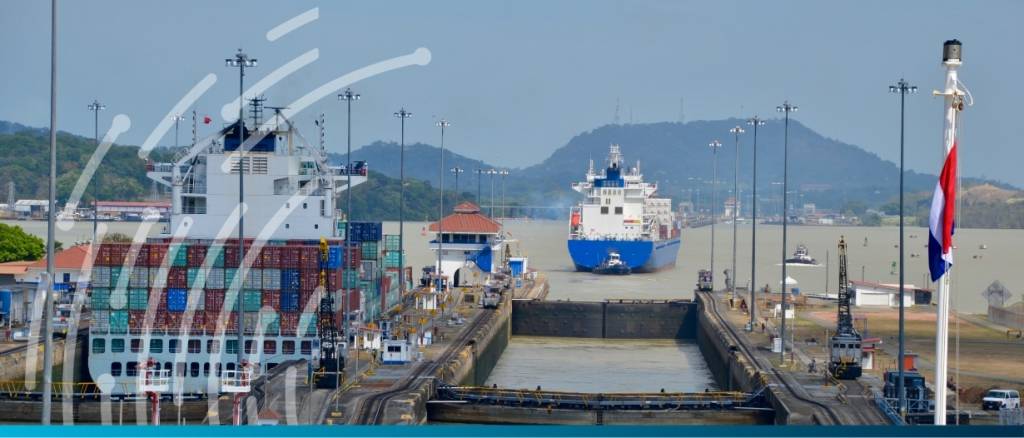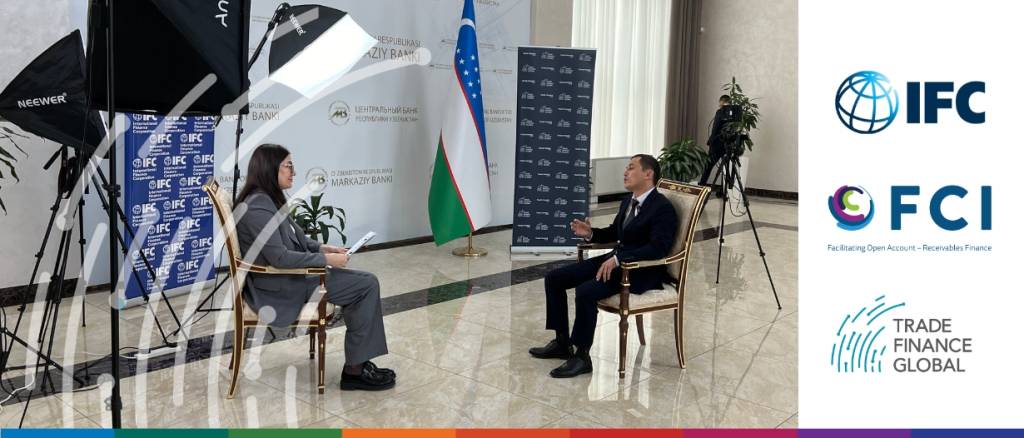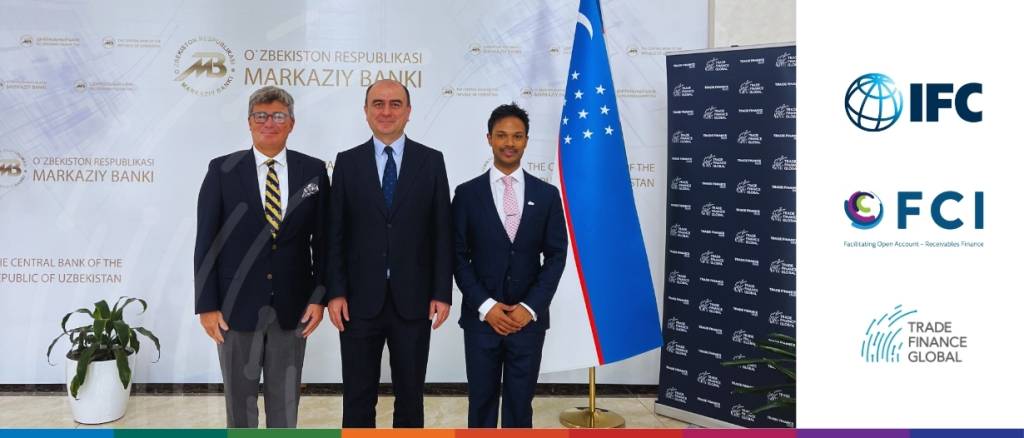Investment giant BlackRock’s plans to buy the Panama Canal, likely motivated by US President Donald Trump’s insistence on restoring the crucial trade route to US control, look set to encounter pushback from the Panamanian government.
Uzbekistan, one of Central Asia’s major economies, is placing itself and the centre of growing regional trade by reintroducing factoring services to its banks. On behalf of Trade Finance Global… read more →
The PSR, which oversees payment networks such as Faster Payments and Mastercard, will see its responsibilities consolidated into the Financial Conduct Authority (FCA), in order to make the regulatory landscape… read more →
The cloud-based platform, DOKA-NG™, is a way to automate back-office trade finance operations, increasing efficiency, speed, and resilience. The platform integrates with banks’ existing ecosystems to streamline the entire life-cycle… read more →
Without a doubt, the regulatory landscape for the year ahead is set to be demanding, with key developments including Swift’s ISO 20022 compliance deadline in November, evolving AI regulation, and the European Union’s (EU) latest updates to payment frameworks through PSD3 and the Instant Payments Regulation. Amid tightening compliance pressures, financial crime also remains a growing concern, adding to the complexity for businesses navigating these shifts.
Estonia, Latvia, and Lithuania have successfully transitioned from the Russian-controlled IPS/UPS system to a European grid infrastructure, marking a €1.6 billion investment in energy sovereignty. The inaugural BBCM auction on… read more →
Having implemented significant reforms in recent years, Uzbekistan is stepping confidently into a future defined by financial inclusion and technological progress. Development and digitalisation of Uzbekistan’s banking system Uzbekistan’s 2020-2025… read more →
Artis Finance has fallen into administration, becoming the latest casualty in a troubled non-bank trade finance industry that has seen multiple firms close their doors in recent months.
Global challenges, political instability, and technological advances have changed the city’s economy in the past few years. The new budget represents a clear effort by the government to place Hong… read more →
US Treasury yields dipped on Tuesday 4 March as markets digested the first day of President Donald Trump’s sweeping new tariffs against China
























